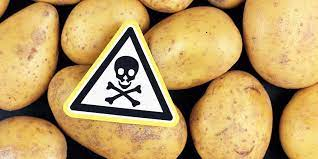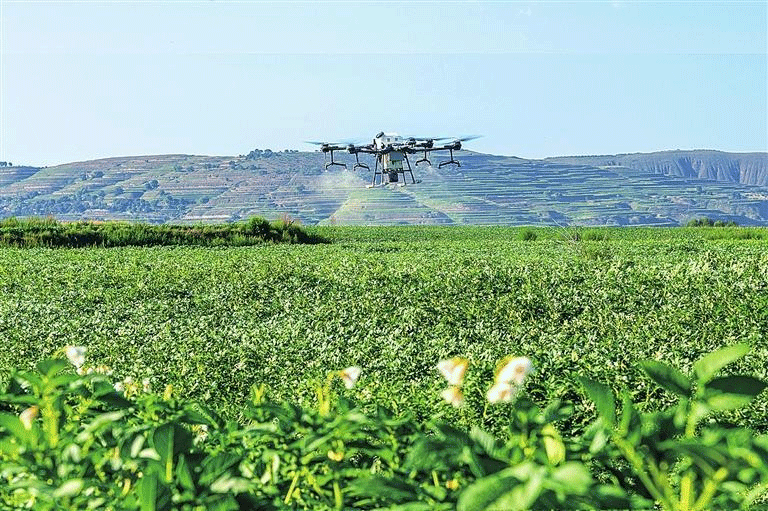A recent study conducted by researchers from Bangladesh Agriculture University (BAU) unveiled the alarming presence of harmful heavy metals like nickel and cadmium in both potato tubers and the soil where potatoes are cultivated. These findings have sparked concerns about potential health risks, including cancer, among the public.
Key Findings of the Study:
- Researchers identified potential sources of contamination such as industrial waste, irrigation water, fertilizers, and pesticides, leading to the infiltration of nickel and cadmium into the soil and subsequently the potato crops.
- The study, recently published by Dutch academic publisher Elsevier, highlighted the health risks associated with the consumption of potatoes, a staple food for many Bangladeshis.
- Maximum levels of 2.938 micrograms of nickel and 0.0139 micrograms of cadmium per gram of potato were detected, emphasizing the harmful nature of these metals even in minute quantities.
Research Methodology:
- Scientists collected samples from potato fields in various areas of the Mymensingh district, including Muktagacha, Ishwarganj, Phulpur, and Gafargaon, analyzing the levels of nine metals in both potatoes and soil.
- The average daily consumption of potatoes per person, as per Bangladesh Bureau of Statistics data, indicates potential intake levels of nickel and cadmium from potatoes.
Expert Insights and Concerns:
- Md Zakir Hossen, Professor at BAU’s Department of Agricultural Chemistry, highlighted the potential introduction of heavy metals into crops through industrial waste, emphasizing the need for research in non-industrial areas.
- Public health expert Dr. Lenin Chowdhury expressed concerns about heavy metal ingestion disrupting bodily functions, impacting kidney and liver health, fertility rates, and contributing to the rising incidence of cancer and kidney diseases in Bangladesh.
- Director General of the Department of Agriculture Extension, Badal Chandra Biswas, acknowledged a lack of awareness among farmers regarding the use of fertilizers and pesticides, indicating a need for improved agricultural practices.
These findings underscore the critical importance of monitoring heavy metal levels in agricultural produce to safeguard public health and ensure food safety standards are met.







